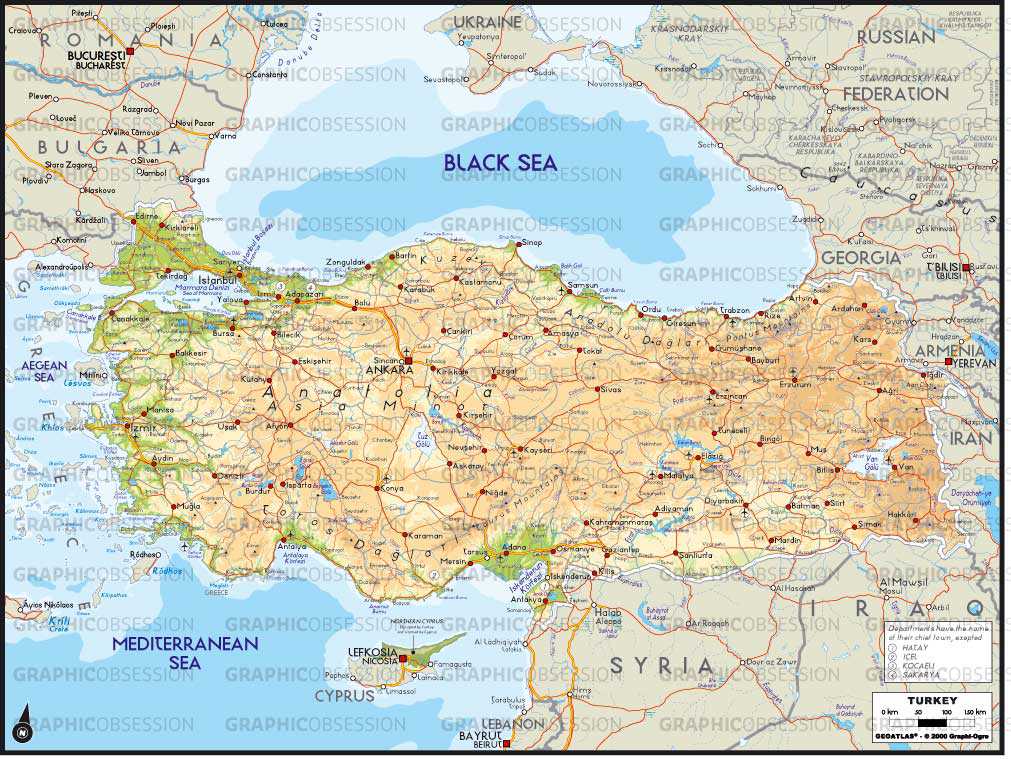The Prime Minister has called for ‘social peace’ on the eve of a court hearing that could see him and his party banned from politics
Jason Burke
The Observer, Sunday July 27 2008
Recep Tayyip Erdogan, the Turkish Prime Minister, made an impassioned plea for national peace and reconciliation yesterday, a few days before a crucial court decision that could see him banned from politics, his party shut down and Turkey plunged into political crisis.
‘If there are mistakes and tensions, we need to restore social peace,’ Erdogan told the right-wing newspaper Hurriyet in an interview. ‘What is important is to live together under this sky in unity.’
The statements are seen as a last-minute bid to avert a ban that could spell political disaster for the ruling Justice and Development party (AKP). The legal hearing is due to start tomorrow, with a judgement as early as Tuesday.
Most analysts predict that the country’s constitutional court will accept state prosecutors’ argument that 71 members of parliament, including Erdogan and President Abdullah Gul, are trying to impose a strict Islamic regime on Turkey which, despite its overwhelmingly Muslim population, is a secular state.
The court case comes against the background of a bitter struggle for power between secular nationalists strong in Turkey’s military and judiciary, and a populist, largely pro-European, moderate Islamist government with support among new elites, and particularly the urban middle class.
‘Everyone is playing for very high stakes,’ said Fadi Hakura, an expert on Turkey at the Chatham House foreign policy think tank in London.
A dissolved AKP could relaunch under another name, but the ban on individuals would hit hard, analysts say. ‘Politics in Turkey is about people, not parties or institutions, and the AKP is very much Erdogan,’ said Hakura. ‘If he goes, it is likely that the AKP will be very seriously weakened.’
Turkish courts have banned a series of political parties over the last two decades, but none with such popular support or led by such a well-liked figure as Erdogan, who has been Prime Minister since 2003. At an election last year the party won 47 per cent of the vote and a second five-year term.
Hurriyet reported that the Prime Minister had avoided directly commenting about the coming case but had criticised ‘the elitists’ who ‘want Turkey to follow what they want in spite of the will of the people. The problem is … [before] … the elitists managed to make people do what they want them to do, but this is changing now. There are election results,’ Erdogan was reported as saying. ‘
Senior officials in the AKP have sought to calm speculation over early elections in the event of a ban. ‘There is no election on Turkey’s agenda,’ Deputy Prime Minister Cemil Cicek told the state-run Anatolian news agency last week. The party has told members not to speak to the press about the issue, citing fears of prejudicing legal proceedings.
Akif Beigi, spokesman for the Prime Minister’s office, refused to comment, saying the court case did not involve the position of Prime Minister but Erdogan as an individual, and the AKP.
The crisis has its origins in a move by the AKP, which has followed a largely pro-European moderate line since coming to power in 2002, to amend the law and allow women to wear headscarves in universities. Nationalist conservatives loyal to the secular vision of Turkey’s founder, Kemal Ataturk, saw the change as a bid to fundamentally alter the state. The legal amendment was blocked by the constitutional court.
Tension has also been increased by the arrest of scores of serving and retired army officers, lawyers and journalists accused of belonging to a shadowy right-wing network called Ergenekon. The group was alleged to be trying to overthrow the AKP government by fomenting a coup. The indictment published last week alleged that conspirators had targeted the Turkish Nobel prize-winning author, Orhan Pamuk, among others.
Some experts, however, believe that the court will avoid banning the party and the MPs, possibly opting to withdraw state funding. They point to the rejection of a bid by prosecutors to shut down a party representing Turkey’s Kurdish minority earlier this month. The judgement was based on a ‘pure human rights argument’, said an observer. The court’s legal counsellor has also advised that the prosecution case against the AKP is flimsy.
Hugh Pope, an Istanbul-based expert with the International Crisis Group, said: ‘It will be a huge relief if there is no ban. It means the development of a democratic, pluralist society that Turkey has seen in the last 25 years will continue and that a milestone will have been passed.’


Leave a Reply